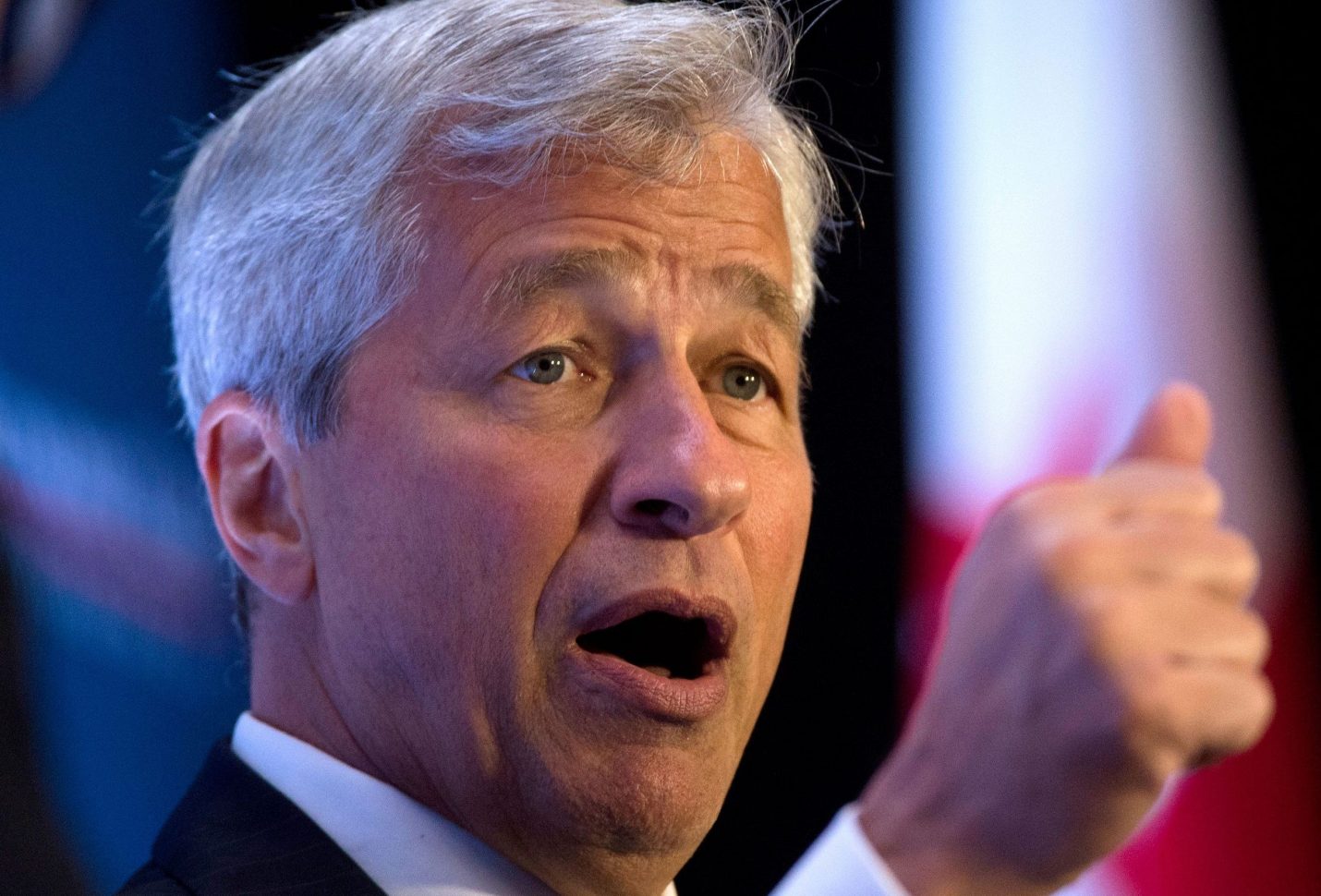The Business Roundtable said that it is changing its statement of “the purpose of a corporation”. No longer should decisions be based solely on whether they will yield higher profits for shareholders, the group said.
Rather, corporate leaders should take into account “all stakeholders” — that is, employees, customers and society writ large.
It is a major philosophical shift for the association, which counts the chief executives of dozens of the biggest US companies as its members. The group, led by JPMorgan CEO James Dimon, is a powerful voice in Washington for US business interests.
The Business Roundtable’s old statement of purpose espoused economist Milton Friedman’s decades-old theory that companies’ only obligation is to maximise value for shareholders.
“Each of our stakeholders is essential,” the new statement says. “We commit to deliver value to all of them, for the future success of our companies, our communities and our country.”
A company’s position on the question of corporate purpose can influence issues as diverse as worker pay and environmental impact. It plays a central role in discussions about stock buybacks, corporate spending and how companies respond to activist investors agitating for moves meant to boost returns.
The change formalises a stance taken by a number of executives in recent years. Dimon, for example, has challenged the shareholder-profit focus as too narrow and an impediment to executives’ ability to focus on long-term goals.
The leader of the nation’s biggest bank writes shareholder letters that touch on a range of topics, from corporate governance to politics to economic inequality. In 2016, Dimon, along with BlackRock. CEO Laurence Fink, Warren Buffett and other executives, pledged to follow a set of “common sense” corporate principles meant, in part, to redirect the focus from short-term gains.
Democratic presidential candidate Elizabeth Warren has argued that the primacy of shareholder returns has worsened economic inequality, enriching wealthy investors at the expense of workers. Last year, she proposed legislation that would require the directors of big companies to consider stakeholders beyond the shareholder when making decisions.
Still, the idea that companies have an obligation to society isn’t universally popular. Some activist investors and academics have said encouraging companies to focus on a range of stakeholders amounts to grandstanding that misdirects resources. They argue that shareholders, not companies, should be the ones influencing society.
In 1970, Friedman spelled out their views in his article “The Social Responsibility of Business is to Increase its Profits.”
“The businessmen believe that they are defending free enterprise when they declaim that business is not concerned ‘merely’ with profit but also with promoting desirable ‘social’ ends; that business has a ‘social conscience’ and takes seriously its responsibilities for providing employment, eliminating discrimination, avoiding pollution and whatever else may be the catchwords of the contemporary crop of reformers.” Friedman wrote. “In fact they are — or would be if they or anyone else took them seriously — preaching pure and unadulterated socialism.”




اترك تعليقا